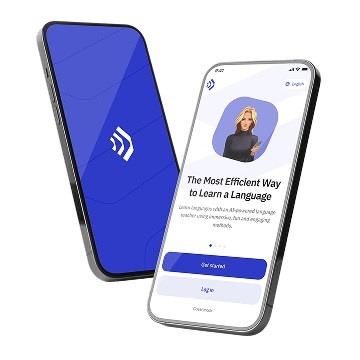The interest in learning Korean in Lithuania has seen a significant increase in recent years. This surge can be attributed to the global influence of Korean culture, particularly K-pop and Korean dramas. As Lithuania continues to engage more with international cultures, learning Korean has become a popular endeavor among students, professionals, and cultural enthusiasts who are eager to understand and appreciate Korean culture more deeply.
Factors Influencing the Popularity:
- Increased consumption of Korean media
- Rising number of Korean companies in Europe
- Academic opportunities in South Korea
Demographic Interest:
- Young adults aged 18-30
- University students
- Cultural enthusiasts
Learning Institutions Offering Korean Language Courses in Lithuania
Several institutions across Lithuania offer formal education in the Korean language. These range from universities to private language schools, each providing various programs to cater to different learning needs and proficiency levels.
Major Universities:
- Vilnius University – Offers Korean language courses as part of its Oriental Studies program.
- Kaunas University of Technology – Provides elective Korean language courses for students.
Language Schools:
- Kalba.Lt – A language school in Vilnius with beginner to advanced Korean classes.
- Baltic Center – Offers intensive Korean language courses in various cities.
Online Learning Platforms:
- Language Express – Virtual Korean classes for different levels.
- KoreanClass101 – Provides comprehensive online resources and lessons.
Benefits of Learning Korean in Lithuania
Learning a new language opens up numerous opportunities, and Korean is no exception. For Lithuanians, acquiring Korean language skills can offer several advantages both professionally and personally.
Career Opportunities:
- Work with Korean companies based in Lithuania or Europe.
- Opportunities in translation, tourism, and teaching.
Educational Advantages:
- Access scholarships to study in South Korea.
- Participate in student exchange programs.
Cultural Exchange:
- Deeper understanding of Korean traditions and social norms.
- Enhanced ability to enjoy Korean media in its original language.
Tools and Resources for Korean Language Learners
A variety of tools and resources are available to aid Korean language learners in Lithuania. These resources cater to different aspects of learning, from vocabulary acquisition to conversation practice.
Books and Textbooks:
- “Korean from Zero!” series
- “Integrated Korean” textbooks
Apps and Software:
- Duolingo – Offers gamified Korean language lessons.
- Anki – Flashcards to help memorize vocabulary effectively.
Online Forums and Social Media:
- Reddit’s r/Korean – A community for Korean learners to discuss and share resources.
- Facebook Groups – Numerous groups where learners can interact and practice.
Challenges in Learning Korean
While learning Korean in Lithuania offers many benefits, learners may face several challenges along the way. These challenges can range from linguistic differences to finding adequate practice opportunities.
Linguistic Differences:
- Complex grammar structures unique to Korean.
- Extensive use of honorifics and formality levels.
Resource Availability:
- Limited native Korean speakers in Lithuania for practice.
- Scarce advanced level learning materials and courses.
Motivation and Consistency:
- Maintaining motivation over time without immediate results.
- Finding consistent time for study and practice.
Community and Cultural Engagement
Engaging with the Korean community and participating in cultural events can significantly enhance the language learning experience. Lithuania offers various platforms and events for learners to immerse themselves in Korean culture.
Community Groups:
- Korean Cultural Association in Lithuania – Organizes events and language exchange sessions.
- University Korean clubs – Host cultural and language-related activities.
Cultural Events:
- Korean Film Festival – Annual event showcasing Korean cinema.
- Korean Cuisine Workshops – Learn about traditional Korean food and cooking techniques.
Conclusion
Learning Korean in Lithuania is an enriching endeavor that offers learners a gateway to numerous cultural, educational, and professional opportunities. By leveraging available resources, engaging with the community, and overcoming challenges, Lithuanians can effectively learn and master the Korean language. As the interest continues to grow, more resources and learning platforms are expected to become available, making Korean language learning more accessible to everyone in Lithuania.





